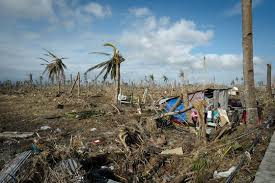INDIGENOUS PEOPLES MONTH AND THE 27TH TEAR INDIGENOUS PEOPLES RIGHTS ACT.

DRAFT 3 BLOGPOST NO.3 Reflecting on this year's Indigenous Peoples Month, and the 27th anniversary of the IPRA, I'm struck by the power of collective action and the importance of amplifying marginalized voices. The theme, "Mga Katutubo at Katutubong Dunong: Pahalagahan, Pangalagaan at Parangalan," resonated deeply, reminding us that valuing indigenous knowledge is intrinsically linked to upholding indigenous rights. The celebrations and events throughout October served not only as a vibrant showcase of rich cultural heritage but also as a crucial platform to address ongoing challenges faced by indigenous communities. It's a reminder that celebrating their culture is an act of solidarity and a step towards justice. The month's focus on indigenous knowledge systems was particularly impactful. It highlighted the profound wisdom embedded within these traditions and the potential for innovative solutions to contemporary issues. Seeing the integratio...

